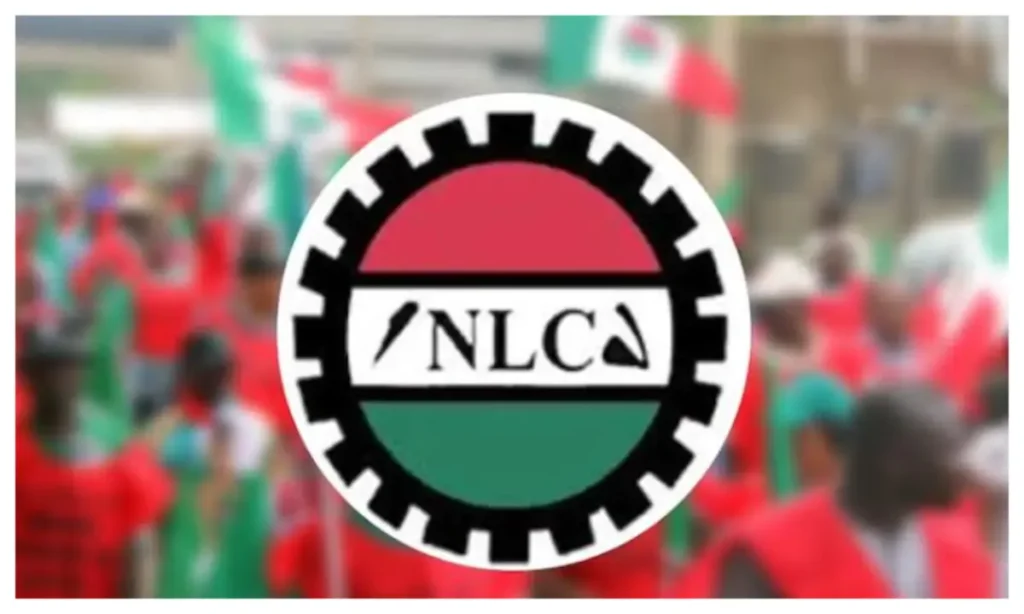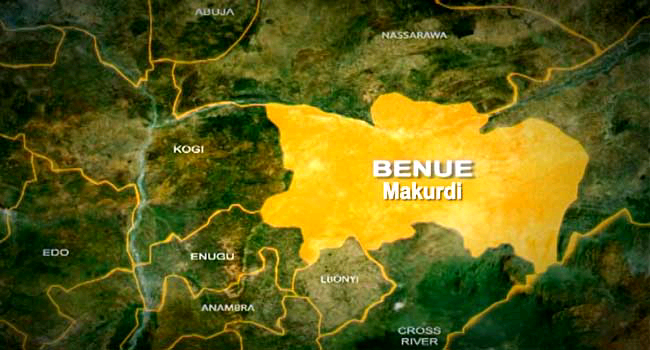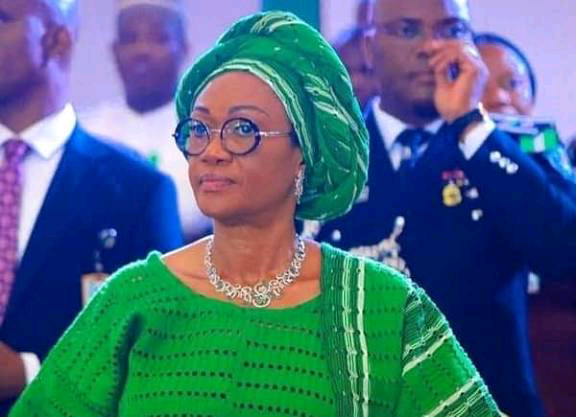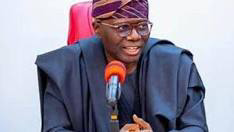Tinubu Releases ‘From Reforms to Recovery’, Documentary on Two Years in Office
President Bola Ahmed Tinubu has released a groundbreaking documentary capturing the first two years of his administration, a period he describes as defined by “courage, sacrifice, and national renewal.”
Titled “Two Years of President Bola Ahmed Tinubu: The Documentary,” the feature-length film offers a rare behind-the-scenes look at the strategic decisions, difficult reforms, and foundational policies that have shaped the course of Nigeria since Tinubu assumed office in May 2023.
More than a mere historical recap, the documentary presents a bold, deliberate attempt to frame the Tinubu presidency as a time of transition one of great upheaval but also of intentional rebuilding.
It seeks to explain the administration’s direction and rally public confidence behind its vision for a transformed Nigeria.
The Courage to Begin Again
From its dramatic opening scenes, the documentary sets a reflective tone. Through archive footage, interviews, and exclusive presidential commentary, it replays the early days of the administration—a period fraught with public skepticism and political pressure.
President
Tinubu narrates parts of the documentary himself, offering candid insight into the thought processes behind his boldest and most controversial decisions.
“I knew from day one that we couldn’t afford to govern by convenience,” he states. “What Nigeria needed was courage, not comfort.”
One of the earliest and most defining moments of the Tinubu presidency was the immediate removal of the petrol subsidy a decades-old policy long regarded as fiscally unsustainable but politically untouchable.
The documentary details how the decision, announced on inauguration day, sent shockwaves through the economy, triggering protests and a spike in living costs.
Critics decried the move as hasty and insensitive, but Tinubu, along with several policy experts featured in the film, defends it as a necessary step toward national fiscal stability.
“We were bleeding,” says Dr. Amina Okon, a former adviser to the Ministry of Finance interviewed in the documentary. “Subsidies were consuming trillions, enriching a few and depriving critical sectors like healthcare and education.
The president acted decisively, and history will judge the necessity of that moment.”
Economic Overhaul and Fiscal Reforms
The documentary then transitions into an in-depth exploration of the administration’s economic reforms. It charts the introduction of a unified exchange rate regime, an overhaul of the tax system, and the administration’s push for foreign direct investment.
Clips from the president’s engagements at global economic forums, such as the World Economic Forum and bilateral meetings with investors in Dubai and China, highlight his strategy to restore international confidence in Nigeria’s economy.
The government’s efforts to attract capital are shown alongside its internal drive to promote local enterprise. Featured success stories include MSMEs supported through the Presidential Conditional Grant Scheme, digital startups incubated under the Ministry of Innovation and Digital Economy, and rural cooperatives benefiting from agricultural subsidies.
However, the film does not shy away from acknowledging the cost of reform. Inflation, food prices, and a volatile Naira are addressed through interviews with ordinary citizens, market leaders, and small business owners.
A segment filmed in Ibadan shows a trader discussing how her daily profit margins have shrunk, while another in Kaduna features a farmer who has gained from fertilizer access and land titling reforms.
“We are not where we want to be,” admits Minister of Finance Wale Edun in the documentary.
“But we are no longer where we used to be. The path to recovery is hard, but it is now visible.”
Security, Stability, and National Unity
Security takes a central role in the documentary, reflecting Tinubu’s commitment to restoring peace and safety across the nation. The film chronicles major military offensives against insurgent groups in the North-East, anti-banditry operations in the North-West, and efforts to quell secessionist unrest in the South-East.
The president’s decision to appoint a new set of service chiefs and his creation of the National Security Architecture Review Committee are presented as strategic shifts toward a more intelligence-driven and tech-powered approach to internal security.
General Christopher Musa, Chief of Defence Staff, explains in the film: “President Tinubu gave us clear marching orders: end impunity, protect civilians, and rebuild trust. That’s what we are doing.”
The documentary also explores inter-agency coordination, the reactivation of border surveillance systems, and community-based security initiatives such as the Nigeria Police Community Policing Framework.
Social Welfare and Human Capital Investment
Another major theme is the administration’s social contract with the people. Tinubu’s flagship Renewed Hope Agenda is featured as the backbone of his efforts to reduce poverty, expand access to basic services, and empower vulnerable groups.
The film features testimonials from students benefiting from restructured student loan schemes, widows supported under women empowerment programs, and artisans who received upskilling through the National Skills Development Initiative.
A particularly emotional segment centers on the nationwide school feeding initiative, with visuals of children in remote communities receiving free daily meals.
“This is hope in action,” says one local education official in Taraba. “We’ve seen enrollment rise by 30% since this program started.”
A President’s Personal Reflections
Interwoven throughout the documentary is a more personal side of President Tinubu. Footage from inside the Presidential Villa shows the president in meetings, in prayer, in solitary walks, and interacting with youth corps members, foreign dignitaries, and traditional leaders.
He shares his thoughts on leadership, responsibility, and legacy. “This country has given me everything,” he says quietly in one scene. “I must give it everything I have in return.”
In another moment, reflecting on the burden of public expectations, he adds: “This is not about me. It’s about millions of Nigerians who are counting on this government to make the difficult decisions others feared to take. We owe them results, not excuses.”
Reception and National Dialogue
Since its release, the documentary has generated nationwide buzz. Social media is abuzz with reactions, ranging from praise for its transparency to criticism over its portrayal of public hardship. Opposition figures have accused the film of “propagandistic overreach,” while Tinubu’s supporters hail it as a “historic account of leadership under fire.”
Political analysts agree on one point: the documentary marks a bold step in shaping the narrative of Tinubu’s presidency.
“This is not just a film,” says Prof. Femi Adebayo, a political historian at the University of Lagos. “It’s a statement. Tinubu is defining his own legacy before others define it for him.”
Looking Ahead: A Call to Continuity
The documentary ends with a hopeful message. Set against stirring music and aerial shots of Nigerian cities and countryside, President Tinubu speaks directly to citizens.
“We have begun a journey together. It will not be easy. But I promise you this: I will not rest until we have built a Nigeria that works for everyone—where hard work is rewarded, where justice is real, and where every child has a chance to dream.”







